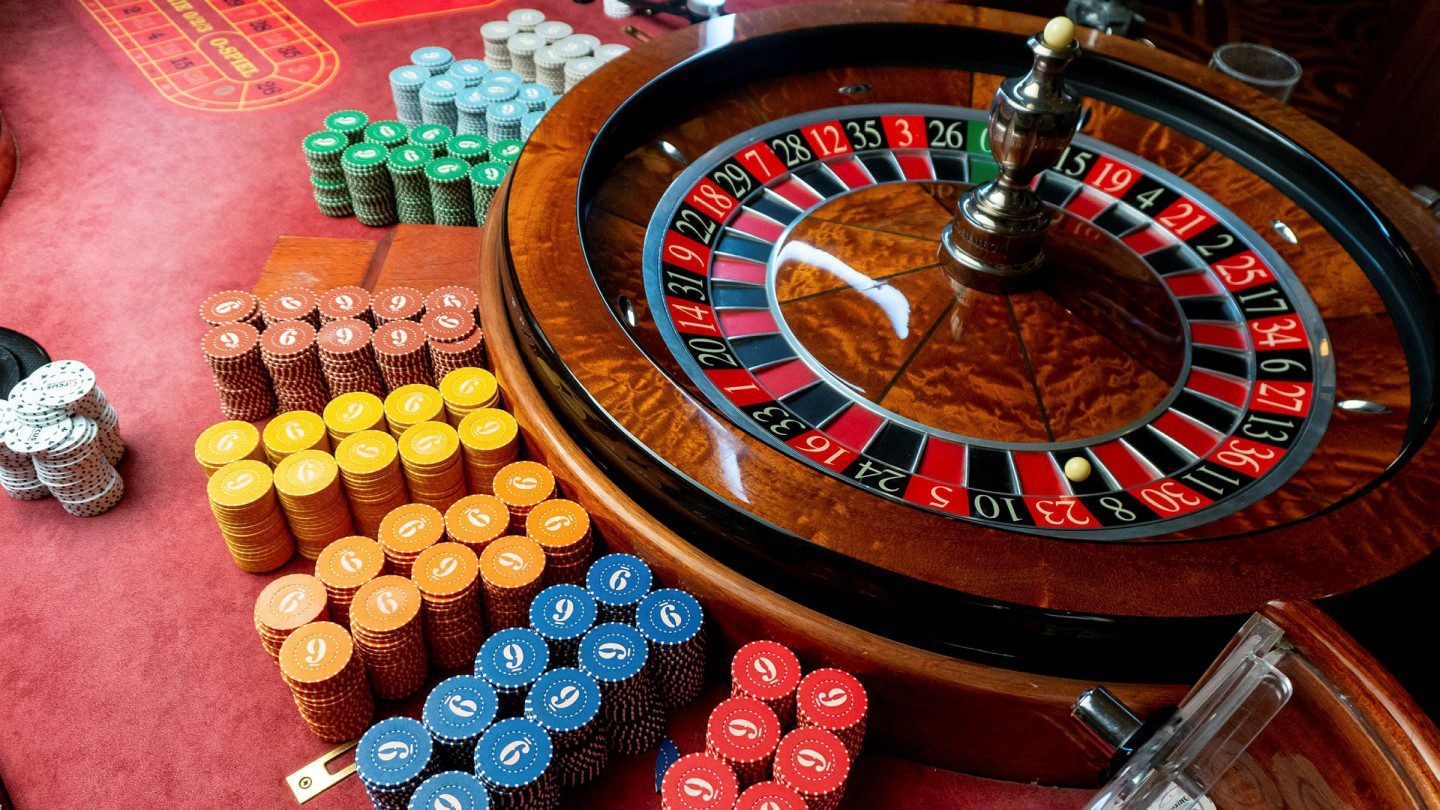A Societal Impact of Gambling Activities Across the Globe

Gambling games have long been a engaging form of entertainment, drawing millions of players from different cultures around the globe. From the opulent casinos of the Strip to the thriving gambling halls of the Cotai Strip, these games serve as a bridge that brings together people across a variety of backgrounds. The allure of luck, tactics, and risk entices not only those hoping to gamble for profit but also those seeking a feeling of belonging.
The significance of casino games extends significantly past the gaming floor. They often represent the cultural standards and beliefs of the cultures in which they thrive. Games such as seven-card stud, pontoon, and the wheel game have integrated into the fabric of mainstream culture, influencing everything from cinema to style. As we explore this intriguing intersection of gambling and culture, we can comprehend better how these games shape and are shaped by the surrounding world.
Chronological Development of Gaming Activities
The roots of casino games can be followed back to old cultures, where betting in different forms was widely engaged in. In the East, around 2300 BC, a form of lottery known as Keno was common, while in old the Roman Empire, soldiers would frequently bet on the outcomes of their contests. The notion of using chance for entertainment and gain developed over the centuries, leading to the creation of more formal games. By the final Middle Ages, gambling houses started to emerge in the continent, especially in Italy, which presented early versions of well-liked games still played today.
As gambling expanded fame in Europe, the 17th and 18th centuries saw the appearance of gambling establishments as dedicated establishments for gaming. The initial official gambling house, the Ridotto, was established in the city of Venice in 1638, providing games like Baccarat games and the game Faro. This era marked a crucial shifting point, as casinos commenced to welcome not just the wealthy but also the growing middle-income class. The sophistication of games increased, leading to the development of new regulations and versions that enriched the gaming experience.
In the 19th century, the era of industrialization and changes in societal conventions further altered the landscape of gambling games. The introduction of the game of roulette and new gaming machines pulled in a more diverse clientele, and gambling establishments became seen as legitimate forms of entertainment. This period witnessed the globalization of gaming, as casinos extended from Europe to the New World, culminating in the creation of the iconic Las Vegas Strip in the 20th century. The progress of casino games has persisted into the modern era, incorporating new technologies and online services, allowing them open to a global market.
## Cultural Importance across Different Communities
Casino activities have profound cultural and social significance in numerous cultures around the globe. In Las Vegas, the very essence of the urban landscape is woven around gambling establishments, where gambling is not just a recreational activity but a central aspect of entertainment and community life. The vivid lights and dynamic atmosphere attract countless individuals, showcasing how gambling activities can impact local financial landscapes and cultural identities. This surrounding transforms the notion of relaxation into an engaging experience that shapes fashion, music, and even cinema.
In contrast, some societies approach wagering with more caution, considering it through the lens of ethical considerations and tradition. For instance, in many Oriental societies, games like Mahjongg and Pai Gow are rich with history and have significant social relevance. These games are often played during gatherings and festivities, fostering collective connections and solidifying kinship ties. The act of playing these games goes above mere entertainment, reflecting ethics such as deference to seniors and the value of communal fun.
Simultaneously, in continental countries such as Monte Carlo and the Italian Peninsula, gambling activities serve as symbols of luxury and elegance. MM888 The refined atmosphere of these locations attracts both tourists and residents, maintaining a sense of distinction and exclusivity. The art of the game of poker and the tactical components of games like banker’s game are appreciated, molding community relationships and cultivating an appeal that fascinates a diverse audience. This highlights how gambling can both mirror and shape cultural attitudes towards risk, benefit, and relationship building.
Economic Impact and Travel Industry
Gambling activities play a significant role in the economic landscape of many regions, particularly those that depend significantly on tourism. MM888 The revenue produced from gambling establishments fuels local economies, creating jobs not only within the casinos but also but also in connected industries such as hospitality, dining, and recreation. This surge of tourists, drawn by the allure of gambling and the overall casino experience, stimulates expenditure across multiple local enterprises, contributing to the economic vitality of the region.
The presence of casinos often leads to the construction of facilities, including hotels, transportation systems, and recreational facilities. These improvements are essential in enhancing the overall tourist experience, making destinations more attractive to visitors. Additionally, many casinos contribute in local communities through sponsorship of activities and philanthropic activities, further embedding themselves into the social fabric of the locality. Such investment not only supports economic growth but also fosters a positive reputation of the casino industry.
Moreover, the global popularity of casino games drives competitive tourism, with locations vying to attract players from across the globe. Iconic locations like Las Vegas and Macau have become synonymous with casino culture, drawing millions each year. This advantage encourages creativity and diversification within the gambling sector, influencing developments in leisure and hospitality that resonate beyond their borders. The consequences of this visitor influx extend wide, impacting local economies and cultural exchanges on a global scale.
